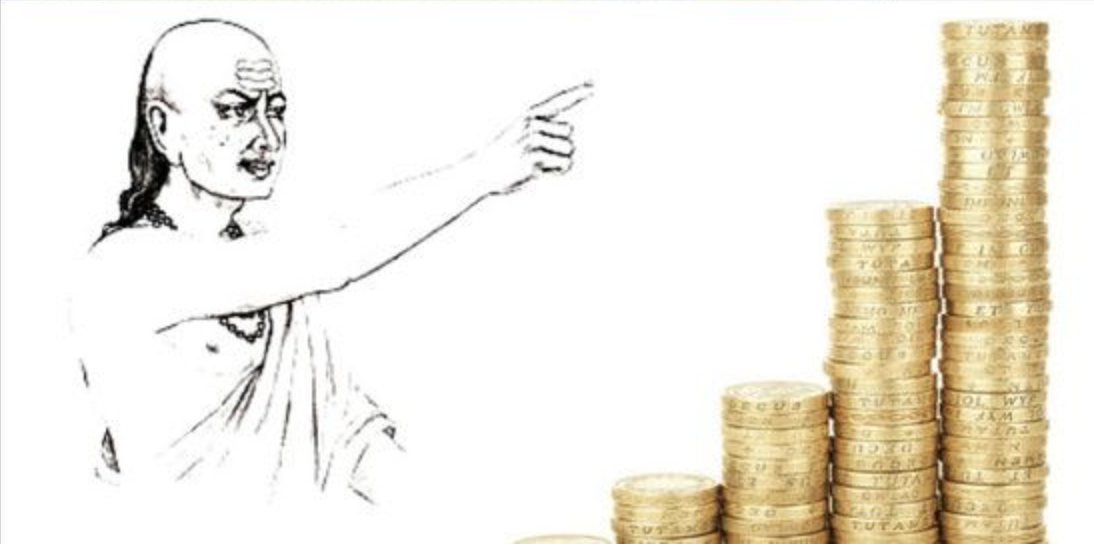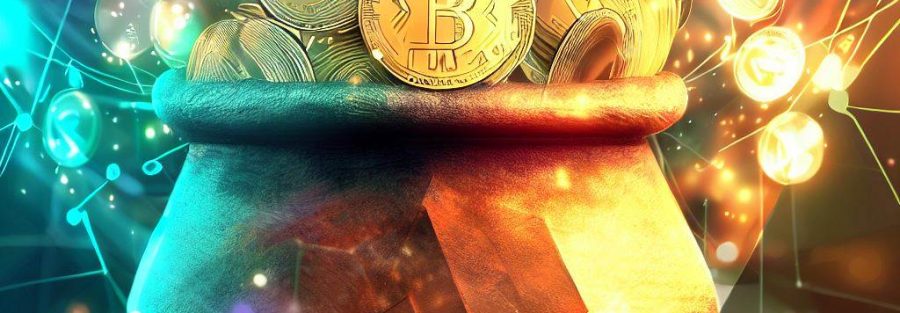In this time where everyone is debating the future of cryptocurrency, this article is an attempt to understand the legitimacy of cryptocurrency according to the Chanakya’s views of the economy.
Currency is a medium of exchange for goods and services. In short, it’s money, in the form of paper or coins, usually issued by a government and generally accepted at its face value as a method of payment. Currency is the primary medium of exchange in the modern world, having long ago replaced bartering as a means of trading goods and services.
(https://www.investopedia.com/terms/c/currency.asp)
Cryptocurrency can be defined as, “A digital currency in which transactions are verified and records maintained by a decentralised system using cryptography, rather than by a centralised authority.”
(https://www.lexico.com/definition/cryptocurrency)
A cryptocurrency is a digital asset designed to work as a medium of exchange wherein individual coin ownership records are stored in a ledger existing in a form of a computerised database using strong cryptography to secure transaction records, to control the creation of additional coins, and to verify the transfer of coin ownership.
(Andy Greenberg (20 April 2011). “Crypto Currency”. Forbes. Archived from the original on 31 August 2014. Retrieved 8 August 2014. (Polansek, Tom (2 May 2016). “CME, ICE prepare pricing data that could boost bitcoin”. Reuters. Retrieved 3 May 2016.)
This cryptocurrencies wholly replaces state-backed currencies with a digital version that cuts across international boundaries and are stored on hard drives instead of in a bank. The control issues relating to access and transfer-ability are maintained by individual companies instead of a nation or a group of nations’s central banking systems.
A central bank is a financial institution given privileged control over the production and distribution of money and credit for a nation or a group of nations. In modern economies, the central bank is usually responsible for the formulation of monetary policy and the regulation of member banks. Central banks are inherently non-market-based or even anti-competitive institutions. Although some are nationalised, many central banks are not government agencies, and so are often touted as being politically independent. However, even if a central bank is not legally owned by the government, its privileges are established and protected by law.
(https://www.investopedia.com/terms/c/centralbank.asp)
As compared to the central banking system the cryptocurrencies are not monitored by any nation or a group of nations. They do not have any direct or indirect control over the production, distribution of money and credit. They are not legally protected and due to a lack of either legislation or legal precedent, there is a limited or almost no control over digital assets.

In the centralised banking system the production, distribution of money and credit for a nation or a group of nations are controlled by the central bank’s monetary policy. This is done by maintaining the supply of money, cost of money / rate of interest and availability of money. The primary objective of the monetary policy is to manage the size and growth rate of the money supply in an economy. It is a powerful tool to regulate macroeconomic variables such as inflation and unemployment. These policies are implemented through different tools, including the adjustment of the interest rates, purchase or sale of government securities, and changing the amount of cash circulating in the economy.
The unregulated cryptocurrencies lacks the above mentioned control and thus become ineffective for territorial growth and effectiveness. This ineffectiveness completely rejects the concept of a state / nation.
A state / nation is a form of human association distinguished from other social groups by its purpose, the establishment of order and security; its methods, the laws and their enforcement; its territory, the area of jurisdiction or geographic boundaries; and finally by its sovereignty. The state consists, most broadly, of the agreement of the individuals on the means whereby disputes are settled in the form of laws.
(https://www.britannica.com/topic/state-sovereign-political-entity)
Chanakya in his writing in Kautilya’s Arthashastra has not speculate on the origin of the state. In Kautilya’s economics, state is the central point. The objective of the state is to secure people, to preserve them from natural calamities, to kill enemies’ detective who may be harmful for the state. Kautilya thinks that for a king state is everything with it a king is nothing.
The primary objective of a state according to Kautilya is of Welfare. According to him the state is a tree of which the king is the root and the counsellors are the main branches, the commanders are the lesser branches, the armies are blossoms and flowers, the people are the fruits and the land is the seed. He says, “In the happiness of his (king’s) subjects lies his happiness, in their welfare, his welfare”. To Kautilya, the state was to promote the economic welfare of the people and fully regulate its economic life.
As the cryptocurrencies primarily do no support any regulation and are not legally protected by any state. It would not be an acceptable format of monetary transfer in the Kautilyan concept.



